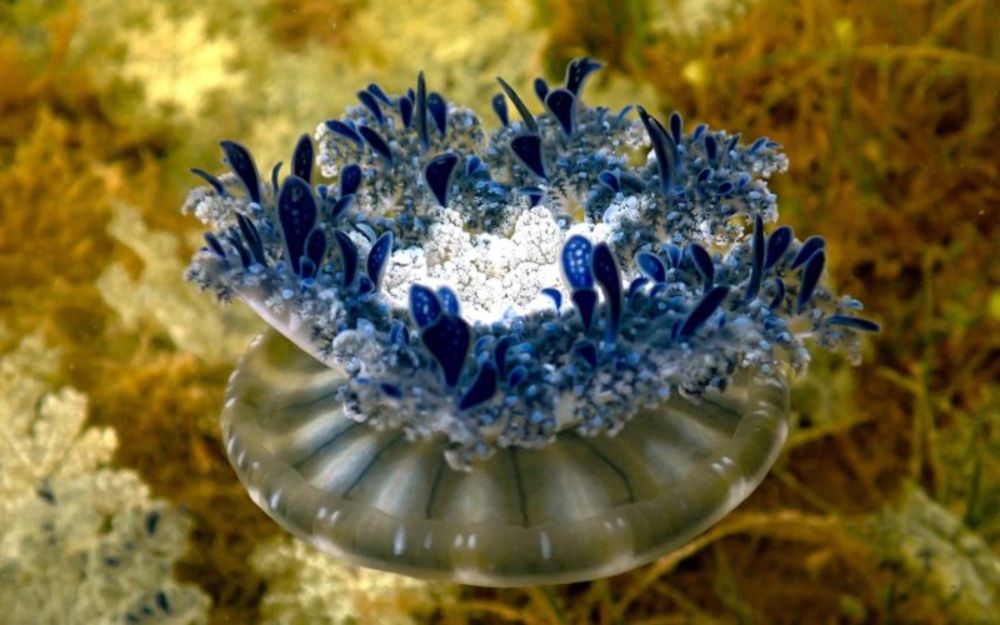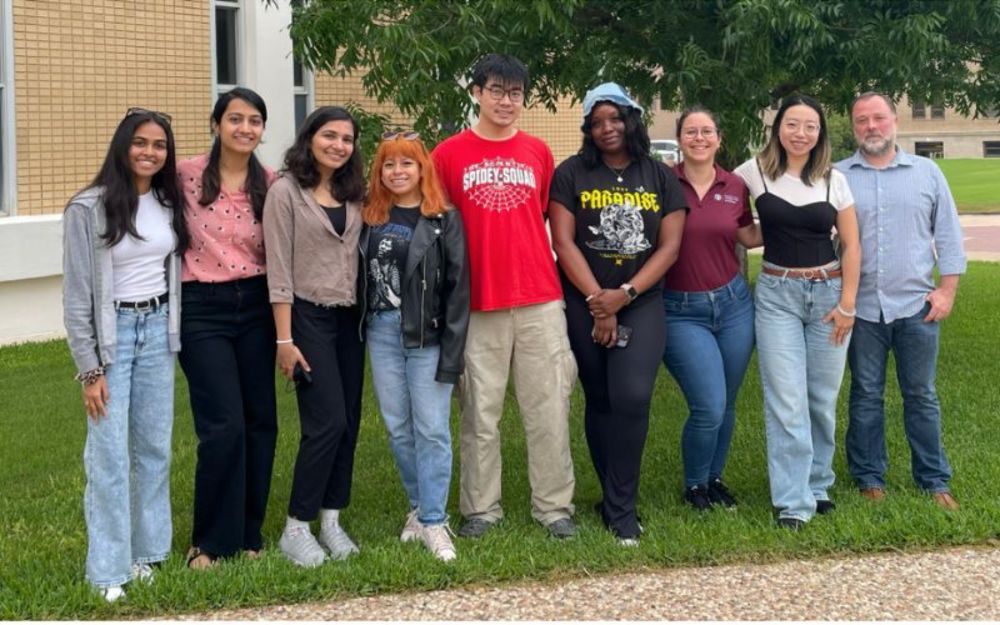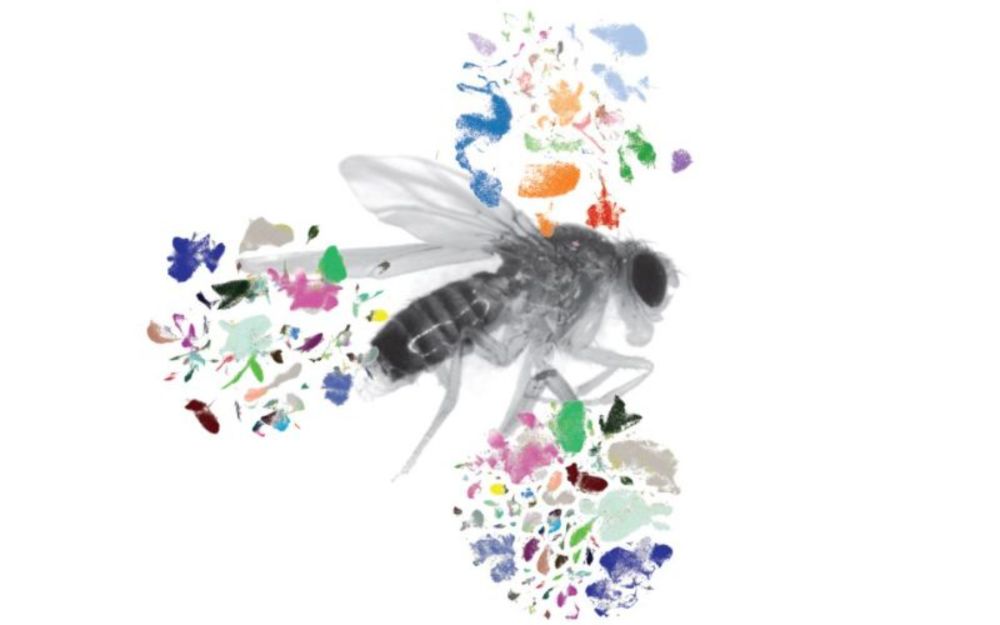Joe Sorg
@thejoesorg.bsky.social
380 followers
180 following
25 posts
Professor at Texas A&M Biology. Interested in C. difficile spores and physiology
Posts
Media
Videos
Starter Packs
Reposted by Joe Sorg
Reposted by Joe Sorg
Reposted by Joe Sorg
Joe Sorg
@thejoesorg.bsky.social
· Aug 20
Reposted by Joe Sorg
Reposted by Joe Sorg
Nancy Parmalee
@nparmalee.bsky.social
· Jul 24
Joe Sorg
@thejoesorg.bsky.social
· Jul 2



















